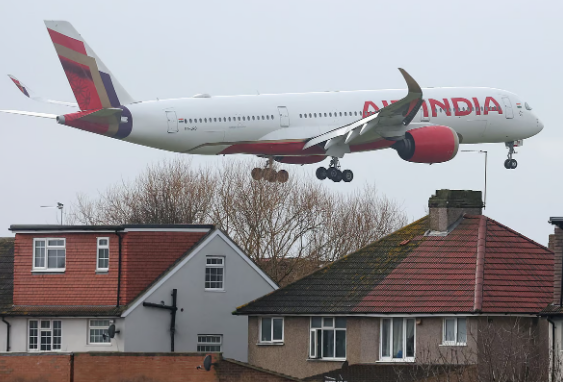Governments around the world have vowed to retaliate after U.S. President Donald Trump announced a sweeping 25% tariff on imported vehicles, escalating global trade tensions and rattling financial markets. The new tariffs, set to take effect on April 3, mark a significant expansion of Trump’s trade war and have drawn sharp criticism from key U.S. allies, including Canada, Germany, France, and Japan.
The U.S. imported $474 billion worth of automotive products in 2024, with passenger cars accounting for $220 billion. The biggest suppliers—Mexico, Japan, South Korea, Canada, and Germany—now face serious economic consequences. European Commission President Ursula von der Leyen condemned the move, calling it “bad for businesses, worse for consumers.” Meanwhile, Canada’s Prime Minister Mark Carney convened a cabinet meeting to consider retaliatory measures, emphasizing that his government would take steps to protect the country’s economic interests.
The announcement sent shockwaves through global markets, with billions wiped from German auto stocks. German Economy Minister Robert Habeck urged a strong response, stating, “It needs to be clear that we will not take this lying down.” The German car industry, already struggling with high costs and intense foreign competition, warned that the tariffs could have a devastating impact.
In France, where leaders hosted a Ukraine summit without U.S. participation, Finance Minister Eric Lombard called Trump’s tariff decision “very bad news” and urged the EU to impose countermeasures. The U.K., facing economic uncertainty, scrambled to secure an exemption while also threatening to review subsidies for Tesla, the electric vehicle giant led by Trump ally Elon Musk. Canada has already frozen rebate payments to Tesla, adding further uncertainty to the auto industry.
While Tesla is less affected than some of its competitors, Musk acknowledged on social media that the tariffs would still have a “significant” impact. Automakers warned that the new levies could add thousands of dollars to the price of vehicles in the U.S., contradicting Trump’s campaign promises of lower consumer prices. Industry experts also fear widespread job losses, slower sales, and higher borrowing costs.
“This won’t lead to more jobs or better wages—it will create sluggish sales, costlier credit, and potential layoffs, which is exactly what a fragile economy doesn’t need,” said Nigel Green, CEO of financial advisory firm deVere Group.
The tariffs triggered a sharp decline on Wall Street, with auto stocks plummeting as investors braced for further disruptions. Meanwhile, China condemned the move, calling it a violation of World Trade Organization rules and warning that it would destabilize global trade.
Japan’s Prime Minister Shigeru Ishiba said Tokyo would consider “all options” to protect its economy, while South Korea announced plans for an emergency response by April.
Despite global backlash, Trump defended the tariffs as a way to revive the U.S. industrial sector and fund his proposed tax cuts. However, trade experts caution that the move could backfire by raising prices and reducing demand, further straining an already struggling global auto industry.
In a warning to allied nations, Trump threatened even steeper tariffs if Canada and the EU joined forces in retaliation. “If the European Union works with Canada to harm the U.S. economy, large-scale tariffs—far bigger than currently planned—will be imposed,” he wrote on Truth Social.
As tensions escalate, industry leaders are urging diplomatic negotiations to prevent a full-blown trade war that could cripple the global automotive sector.


